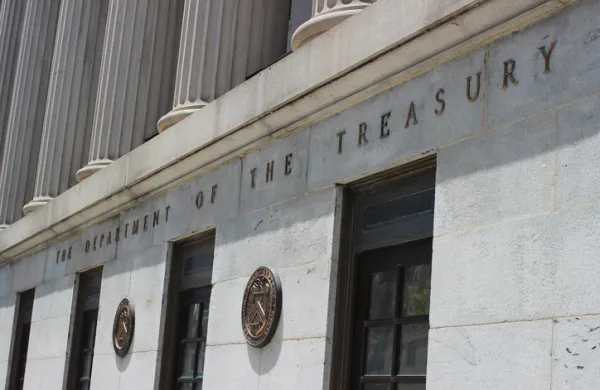While some institutional investors sit on the sidelines, family offices plan to significantly grow their allocations to alternative investments this year, according to a report by KKR.
Family offices are investing to grow wealth with future generations in mind — 93 percent said this was a focus for their portfolios, according to a KKR survey of more than 75 family office CIOs who each oversee an average of $3 billion in assets. They have enough capital and patience to dedicate big chunks of their wealth to illiquid investments such as private equity and venture capital and those allocations are getting even bigger this year.
In 2024, KKR’s network of family offices expect 52 percent of their portfolios to be invested in alts, up from 42 percent in 2022. The expansion is coming at the expense of all or most other asset classes. The CIOs said allocations to cash are shrinking from 11 to 9 percent, equities are declining from 32 to 29 percent, and allocations to credit are dropping from 15 to 10 percent.
Of course, the network of families already working with KKR is more likely to have a higher average allocation to alts compared to similar peers. (KKR acknowledges this in the report.) However, the asset manager expects that its existing network could still invest more. “We actually think this percentage could drift higher by another few hundred basis points over the next few years as public equities and cash are reduced,” the report says.
Family offices, like other alts investors, think 2024 will be a standout vintage year. Interest rates remain higher and are expected to force distressed companies to sell or recapitalize, even as the economic outlook improves.
“They understand the benefits the illiquidity premium plays in compounding capital in a tax efficient manner to build wealth for future generations,” Henry McVey, the head of global macro and asset allocation at KKR and the CIO of the firm’s $39 billion balance sheet, wrote in the report. McVey was the lead author.
Within the alternative investments universe, family offices surveyed about 2024 said they were most focused on investing in private credit, infrastructure, and private equity.
Early last year, some family offices dramatically slowed or halted their direct investing after suffering losses during a tougher market regime. That deal activity remained down during the fall, but now many of the families are in “major growth mode” and adding investment, risk management, and product expertise, according to KKR.
Still, families are eager to partner with the right asset managers across the regions and sectors where they may not have as much in-house expertise.
“Now is an interesting time to play offense, given that many others need liquidity, and we don’t. We are particularly keen on going direct, for example, in sectors where we have owned businesses in the past. At the same time, we increasingly want to partner with GPs in areas where we may not have regional expertise or industry expertise to further build out our portfolio,” a CIO, who declined to be named, told KKR.
Older, more established family offices are leaning more heavily into alts than the relatively younger ones because they have more experience with them. The younger family offices are still exploring non-traditional asset classes, the report says. The average family office surveyed by KKR was launched 14 years ago.







